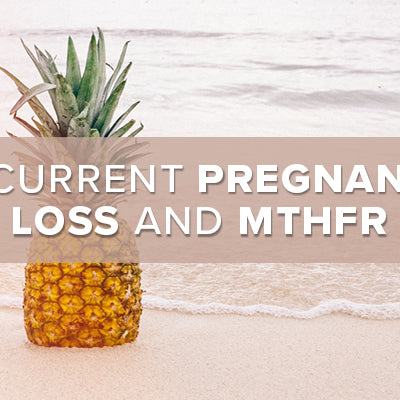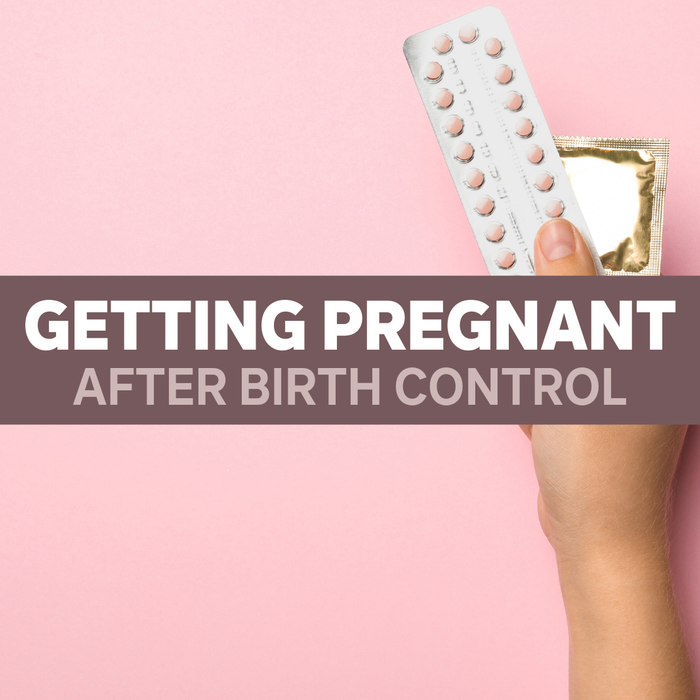
How Do Prenatals Support a Healthy Pregnancy?†
In general, becoming a parent takes a lot of planning. You must ensure you can...
800-547-9812
800-547-9812

In general, becoming a parent takes a lot of planning. You must ensure you can...

Recurrent miscarriage can definitely be associated with MTHFR, but even with recent research, it is...

If you’ve decided it’s time to stop birth control pills so you can try to...

In hopes of a beautiful, healthy child, you start your search for the perfect prenatal...

Have you experienced a pregnancy loss? If so, our hearts go out to you and...

So, have you ever wondered why red raspberry leaf is in our prenatal vitamins? Or...

Undoubtedly, every mother-to-be wants the same thing: a happy, healthy child. There is nothing more...

Have you miscarried in the past or have difficulty with fertility? Are you pregnant for...

Seeking Health vitamins and supplements are held to the highest standards for manufacturing processes and...